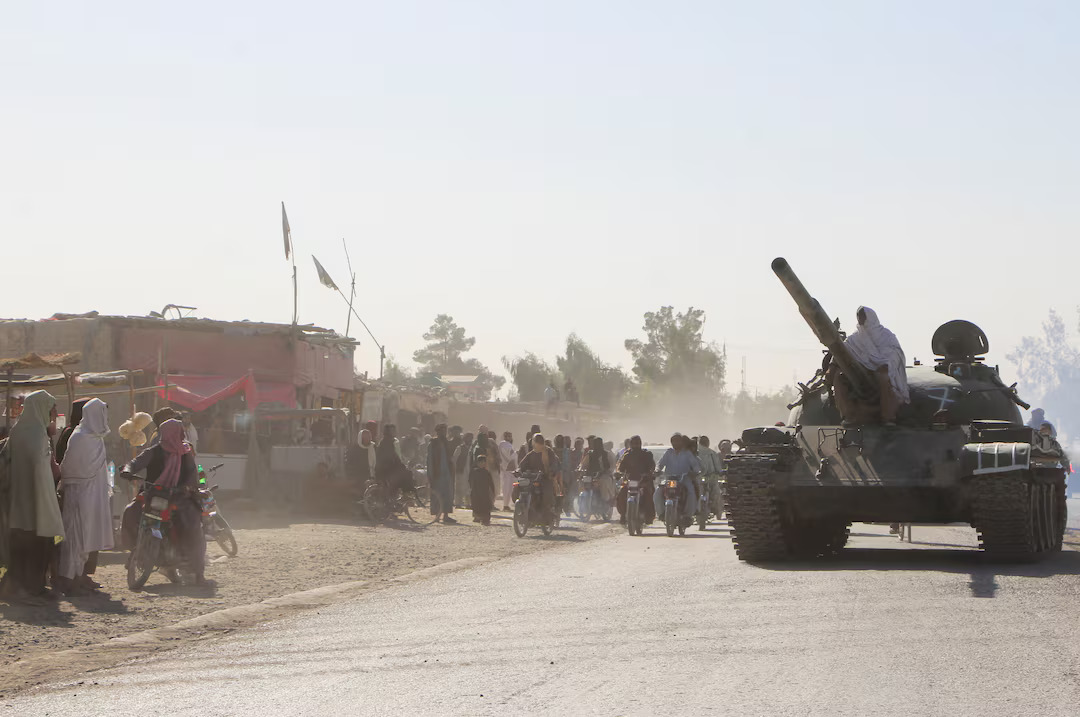After days of deadly border clashes, Pakistan and Afghanistan have hit pause.
They agreed to a 48-hour ceasefire that took effect Wednesday afternoon.
But can two uneasy neighbors really keep the peace?
The fighting erupted after explosions ripped through Kabul and Afghanistan’s Paktika province last week.
The Taliban blamed the attacks squarely on Pakistan.
Islamabad hasn’t admitted responsibility, but tensions skyrocketed fast.
Pakistan’s military later claimed it was targeting “terrorist bases” used for cross-border attacks.
The Taliban called it “an unprecedented and reprehensible act.”
Tensions On The Edge
Both sides traded inflated death tolls, each accusing the other of aggression.
Experts warn this could mark a dangerous new chapter in a relationship that’s long teetered between alliance and hostility.
“Such an attack would cross a red line in their relations,” said Pearl Pandya, a South Asia analyst.
Pakistan has accused Kabul of sheltering the Pakistani Taliban (TTP), while the Taliban denies it — a bitter point of contention since 2021.

Global powers — from China and Russia to Saudi Arabia and Qatar — are urging calm.
Donald Trump has even offered to mediate, calling himself “good at making peace.”
For now, guns have fallen silent. But as history has shown, between these two, truces often last just long enough to reload.





